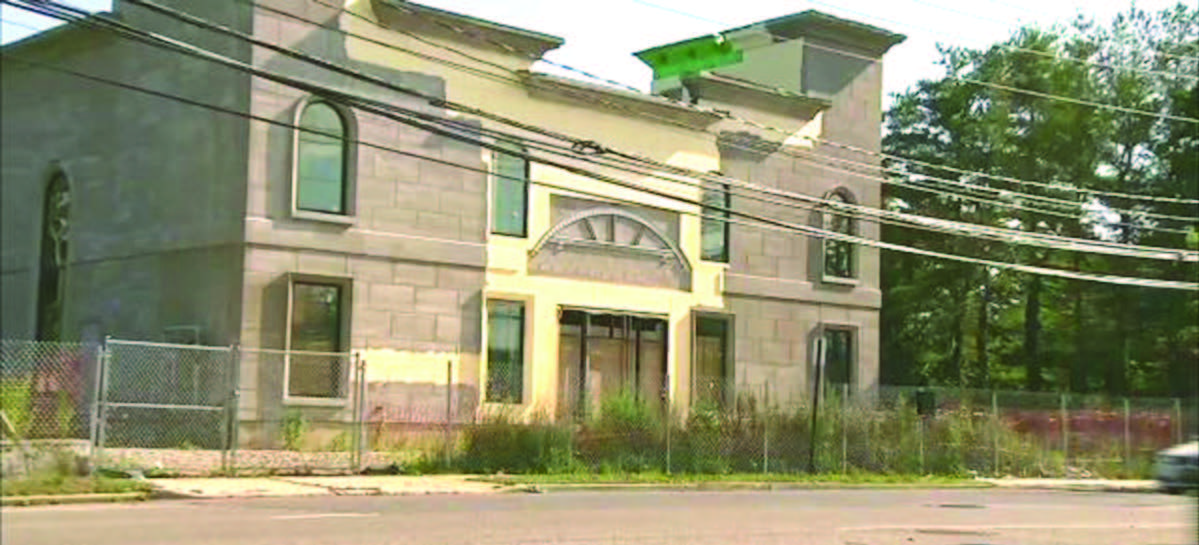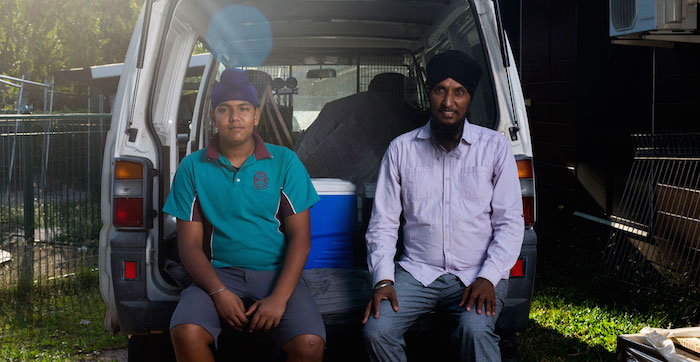
PLAINVIEW, NY (TIP): The Guru Gobind Singh Sikh Center of Plainview, New York (the “Temple”) filed, on June 30, 2016, a lawsuit against the Town of Oyster Bay, N.Y., its Town Board, and the individual members of the Board challenging the Town’s zoning regulations and the Board’s targeted “Resolution” effectively prohibiting the Temple’s constitutionally protected religious worship.
The Complaint alleges violations of the First and Fourteenth Amendments to the U.S. Constitution, the federal Religious Land Use and Institutionalized Persons Act (“RLUIPA”) and the New York Constitution. It describes the Town’s arbitrary, capricious and illegal actions taken to prevent the Sikh congregation from continuing to worship as it has since 1987, on the same property in a new replacement Temple building.
In 2014, the Temple applied to the Town to replace its aging house of worship with a modern facility, located at 1065 Old Country Road, Plainview, NY. In 2014 the Town approved the Temple’s site plan and a building permit was issued on March 7th, 2014. The Temple then demolished its existing building, and in October 2014, construction of the new Sikh Temple building commenced.
In direct response to local residents’ complaints, the Town issued a Stop Work Order on July 2, 2015, when construction was nearly complete. The Complaint asserts that such unfounded order was generated by local resident hostility against the Temple and its congregants. In order to accommodate a resolution, the Temple submitted a new site plan that was approved and then nullified by the Town Board, which then directed the Temple to re-apply for site plan approval. This would have left the Temple and its Congregation without a house of worship for several years.
Paul Savad, lead attorney for the Temple said: “Unless the Town can quickly come to terms with the Temple, we will proceed to a jury trial, and will recover substantial money damages, with the plaintiff’s legal fees also reimbursed by the Town.” “The Town issued illegal and improper stop work orders based upon political, biased, improper, non-existent offsite parking and environmental review issues.” “The approved site plan, for which a building permit was issued, provides 64 onsite parking spaces, although the Town Zoning Ordinance requires 21 onsite spaces; and no environmental review for the project was or is required because the new temple is a nearly complete replacement of a structure, in kind, on the same site”
Roman Storzer, co-counsel for the Temple said: “I’ve never seen a violation of RLUIPA as blatant as this.” “To process the Temple’s applications, accept their fees, approve the building, allow them to spend enormous sums for construction, and then to prevent its completion, is as significant a burden on constitutionally protected religious worship as I’ve ever seen.”
Religious land uses are protected from undue burdens, discrimination and arbitrary treatment under RLUIPA, which was passed by Congress in 2000 to prevent discrimination against religious institutions in land use regulation.
Along with litigator and trial lawyer, Paul Savad of Savad Churgin, LLP, based in Nanuet, New York, Plaintiff is represented by Roman Storzer of Storzer and Associates, P.C., based in Washington, DC. Mr. Storzer has successfully represented scores of religious entities in RLUIPA and First Amendment cases throughout the United States. He is also the former Director of Litigation for the Becket Fund for Religious Liberty.





Be the first to comment